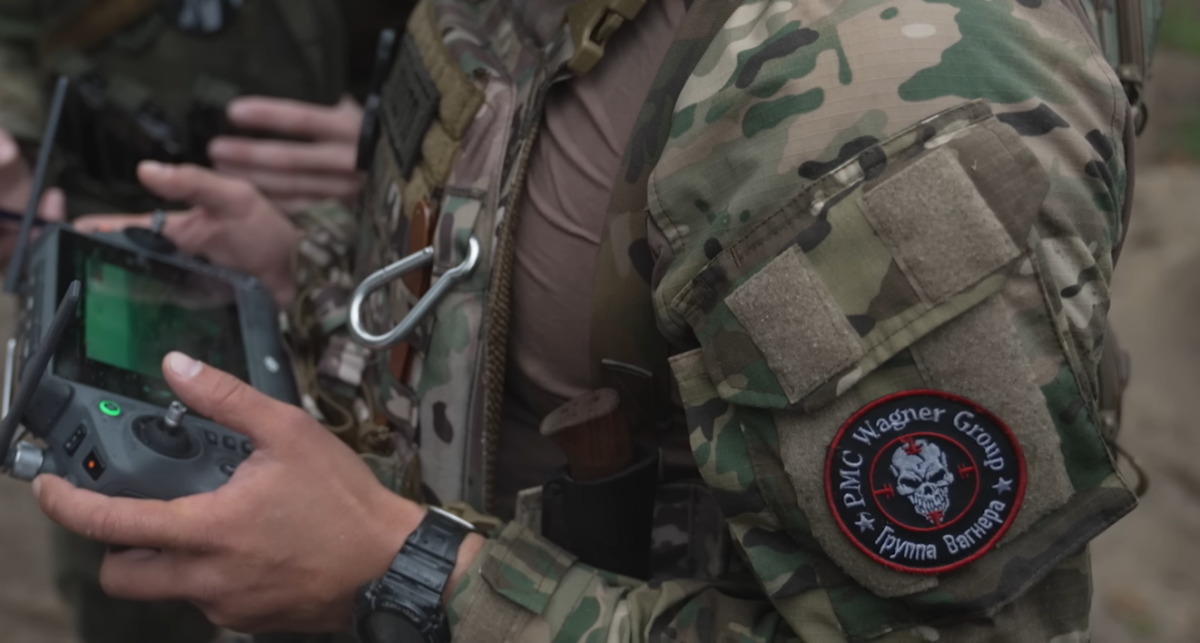In the past 20 years, unusual developments have been taking place within the military sphere. Governments have been privatizing their militaries, letting corporations take the place of traditional armed forces as a cost-cutting measure.
These corporations mainly provide security and logistical assistance to augment a military’s administrative capabilities, but are also deployed on the front lines. They were prevalent during the American occupation of Iraq and again during the Russian Invasion of Ukraine.
Although they act in cooperation with active military forces, such corporations are legally distinct. This distinction gives Private Military Companies (PMCs) legal immunity, and helps them evade responsibility for controversial actions.
Early this century, when American support for the costly occupation of Iraq was dwindling, the government hired a number of security contractors, the most prominent of which was Blackwater. They were hired to protect US Government facilities and individuals throughout the Middle East, including in Afghanistan, Iraq, Israel, and Bosnia.
PMC involvement in Iraq and Afghanistan reached its peak in the mid-2000s, where in Iraq, the number of military contractors and soldiers was nearly identical (95,500:95,900), and in Afghanistan, there were more military contractors than actual soldiers (112,100:79,100).
More recently, during the Russian invasion of Ukraine, there has been heavy usage of PMCs in offensive roles especially. The Wagner Group is one such organization. The corporation has been playing an extensive role in the war, to the point that there are very few operational differences that separate it from the Russian military.
During the war so far, Wagner was employed in some of the most brutal combat zones, most notably Bakhmut, which was in a near-stalemate just earlier this year, in April. There, Wagner forces made incredibly costly assaults on the city, gradually occupying more and more land until the Ukrainians could no longer sustain the defense and pulled out.
The Wagner Group has also been active in many other countries with high levels of Russian influence, especially in Africa and the Middle East. For example, they have been deployed to Syria, Yemen, Libya, Sudan, Mozambique, the Central African Republic, and Mali.
Both Blackwater and the Wagner Group have been involved in controversial combat operations. For example, in 2007, contractors from Blackwater killed 17 unarmed civilians in the Nisour Square Massacre in Baghdad. Most of these contractors were sentenced to 30 years in prison, and one to life in prison, but they were pardoned by former president Trump in 2020. In light of this incident, the company has rebranded twice: once to Xe Services, and then to Academi.
The Wagner Group was recently identified as the perpetrators of a massacre in Mali, which killed at least 500 people. They have also been involved in questionable recruiting practices since the start of the War in Ukraine, such as recruiting convicted felons and criminals.
Despite consistent controversy, there is little international attention placed on these corporations. The only international law that surrounds mercenaries is the UN’s International Convention Against the Recruitment, Use, Financing, and Training of Mercenaries, which was passed in 1989. Since the convention entered force, only 37 nations have ratified the treaty.


